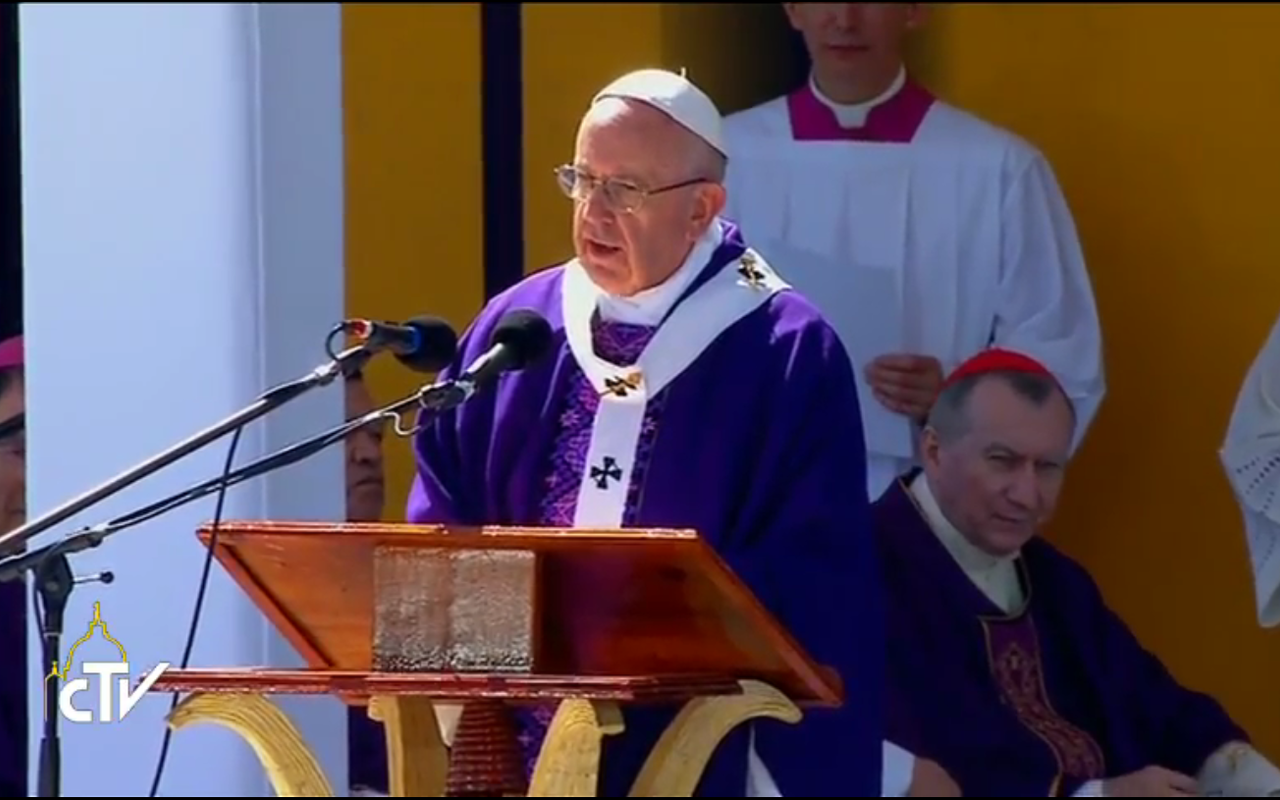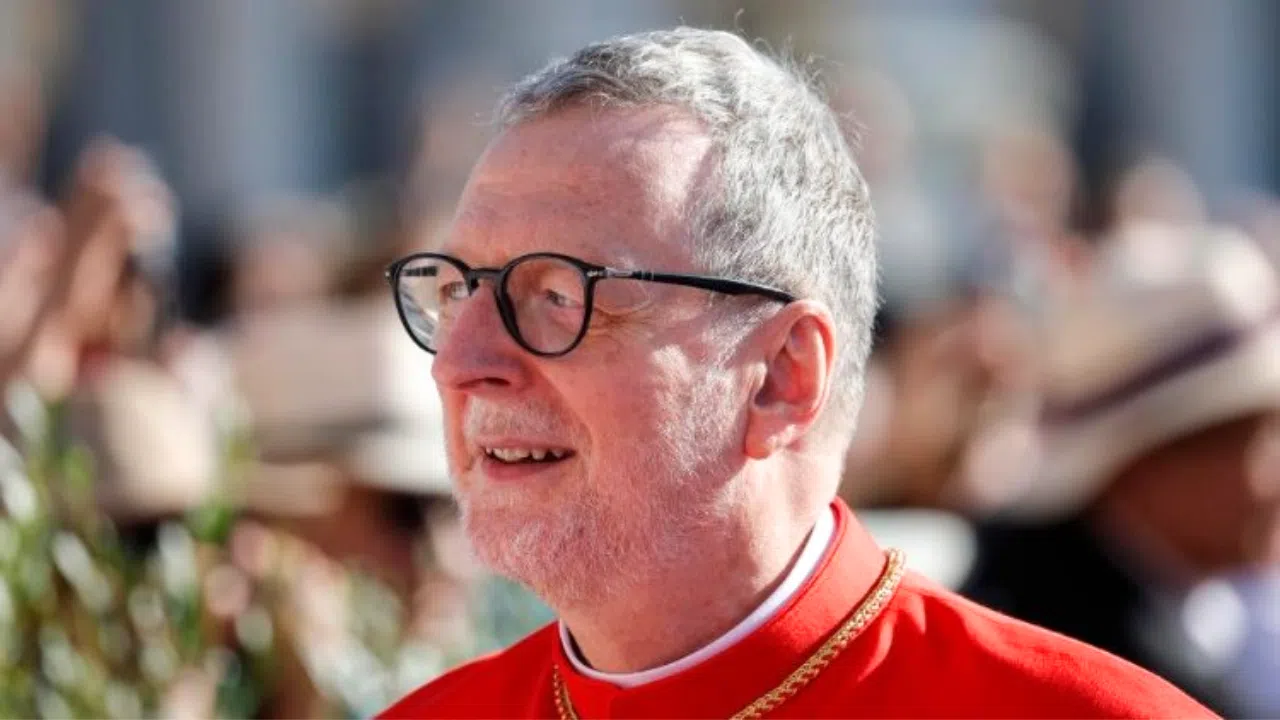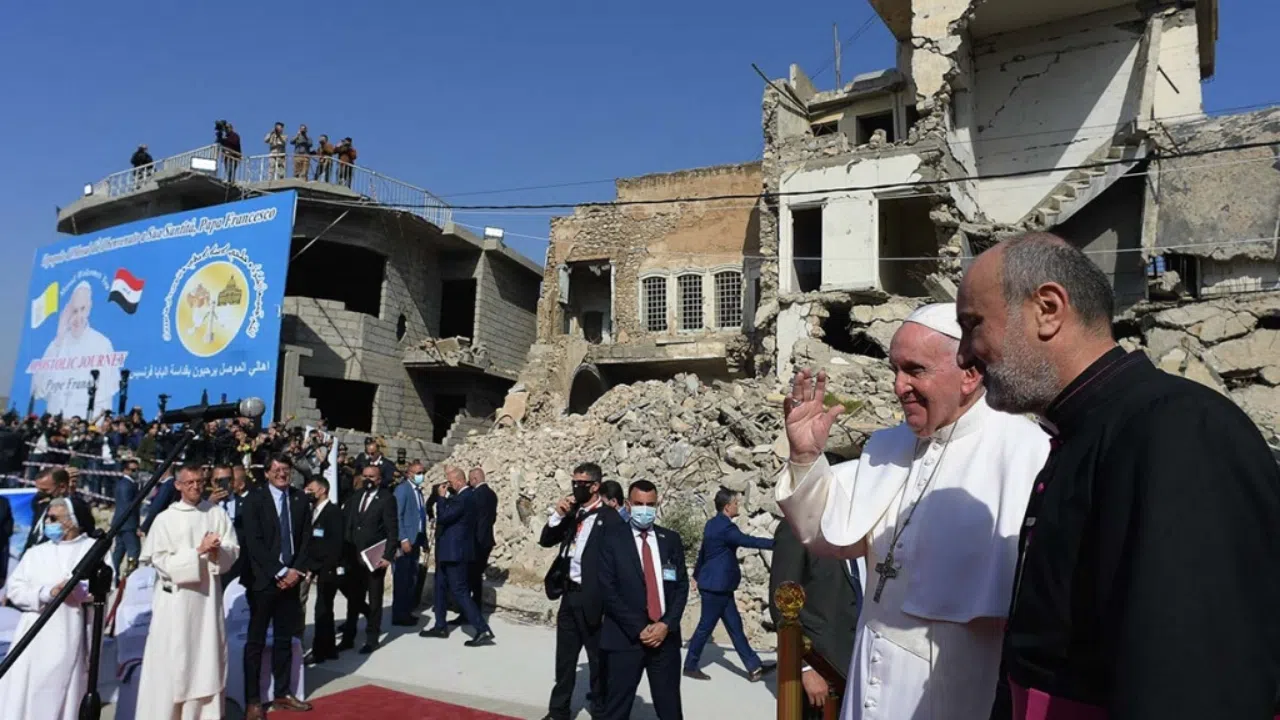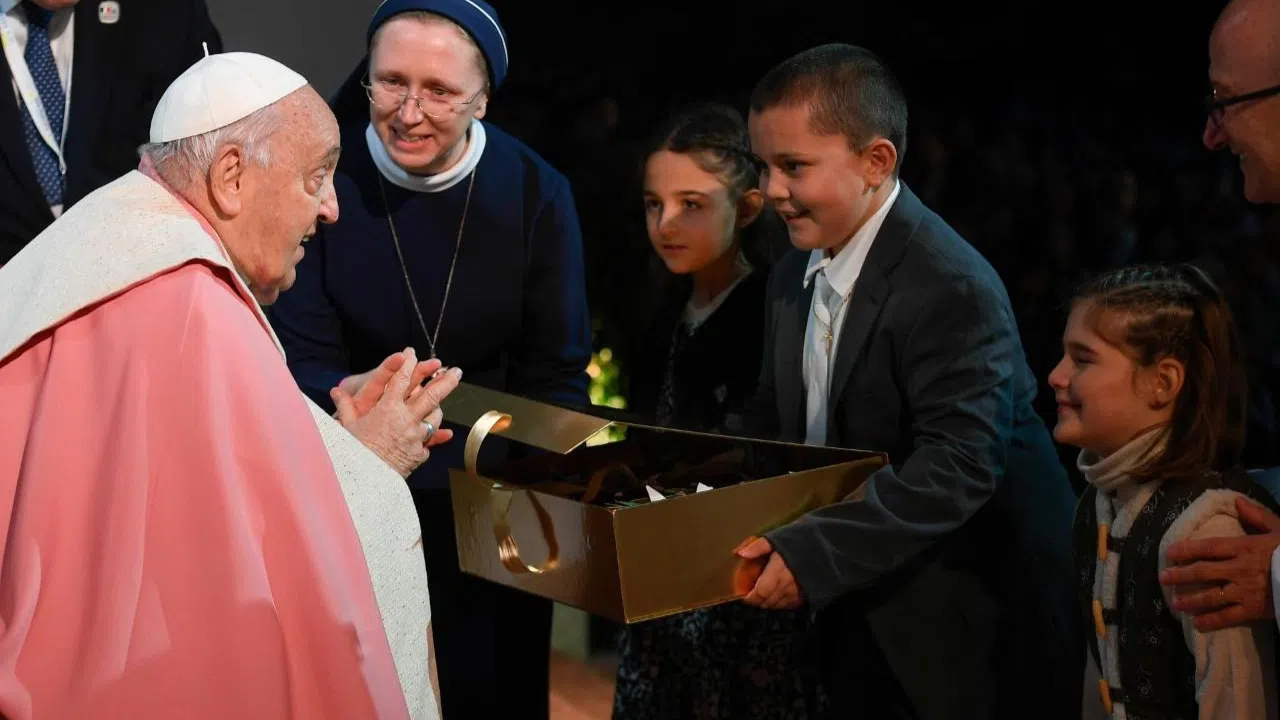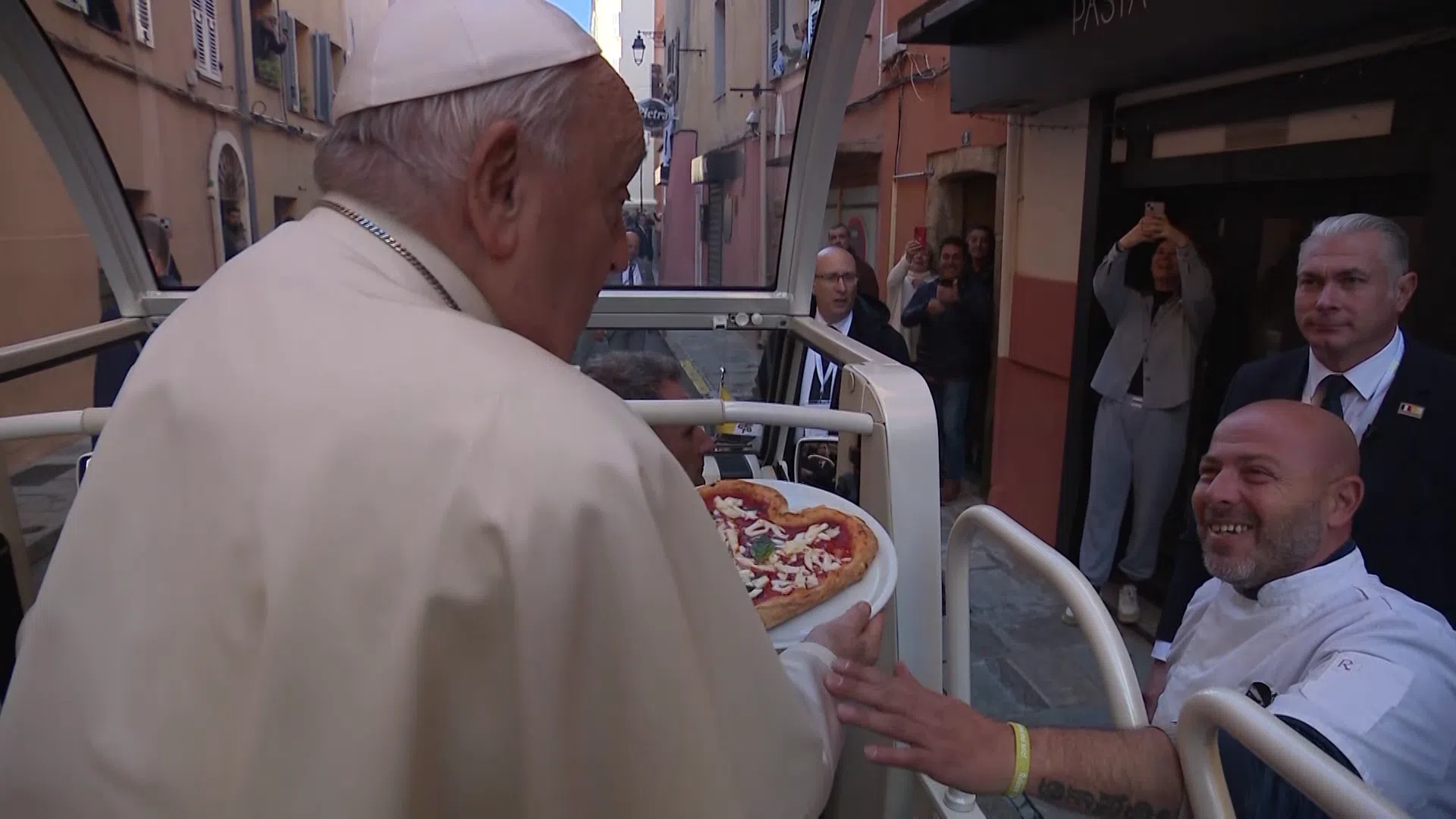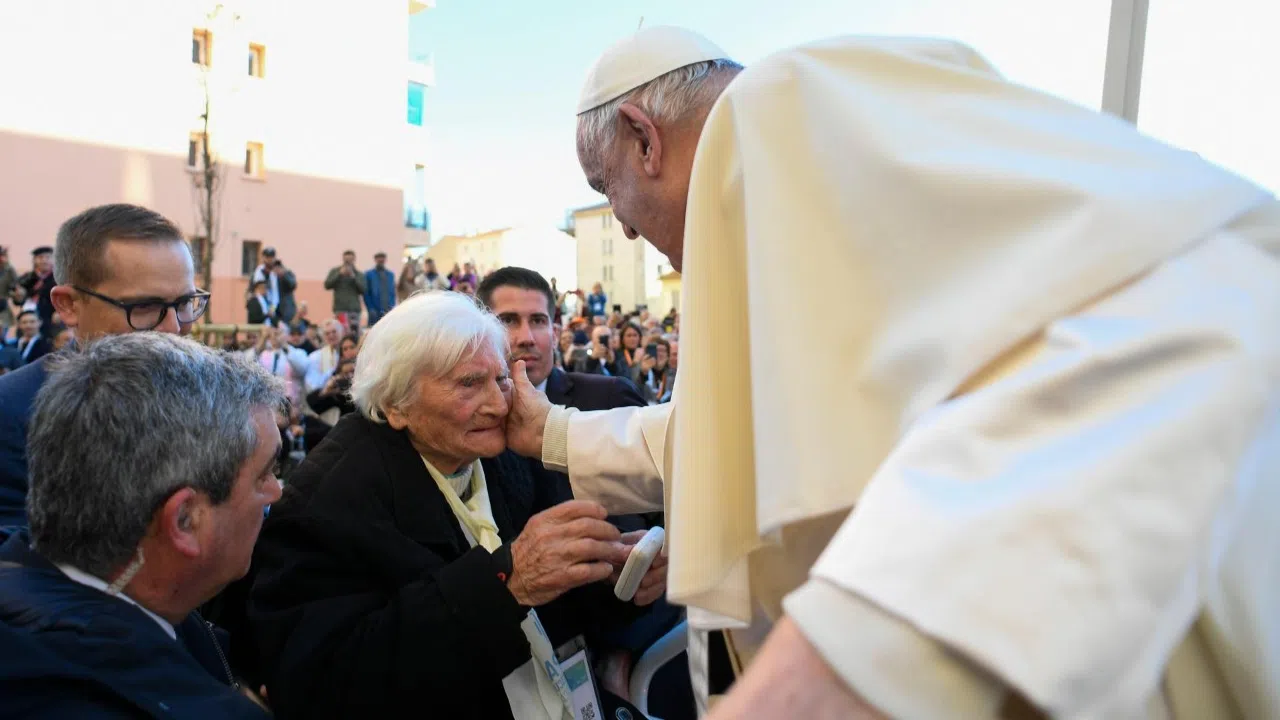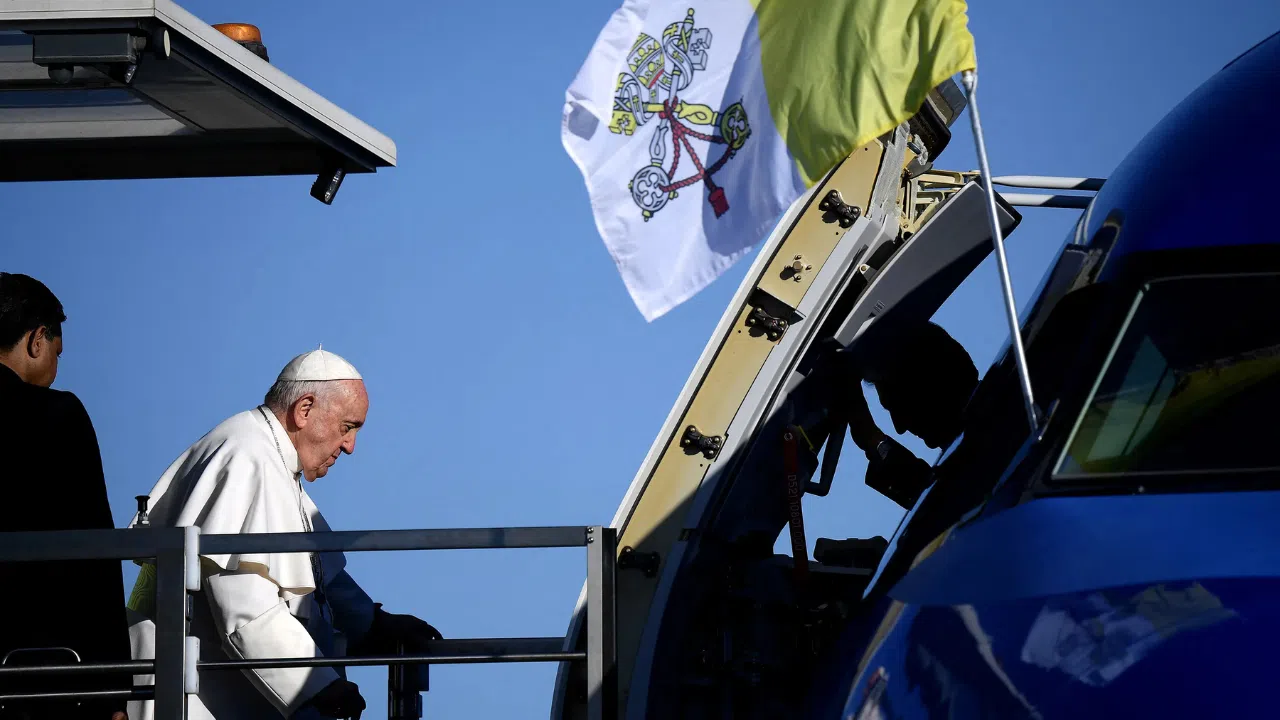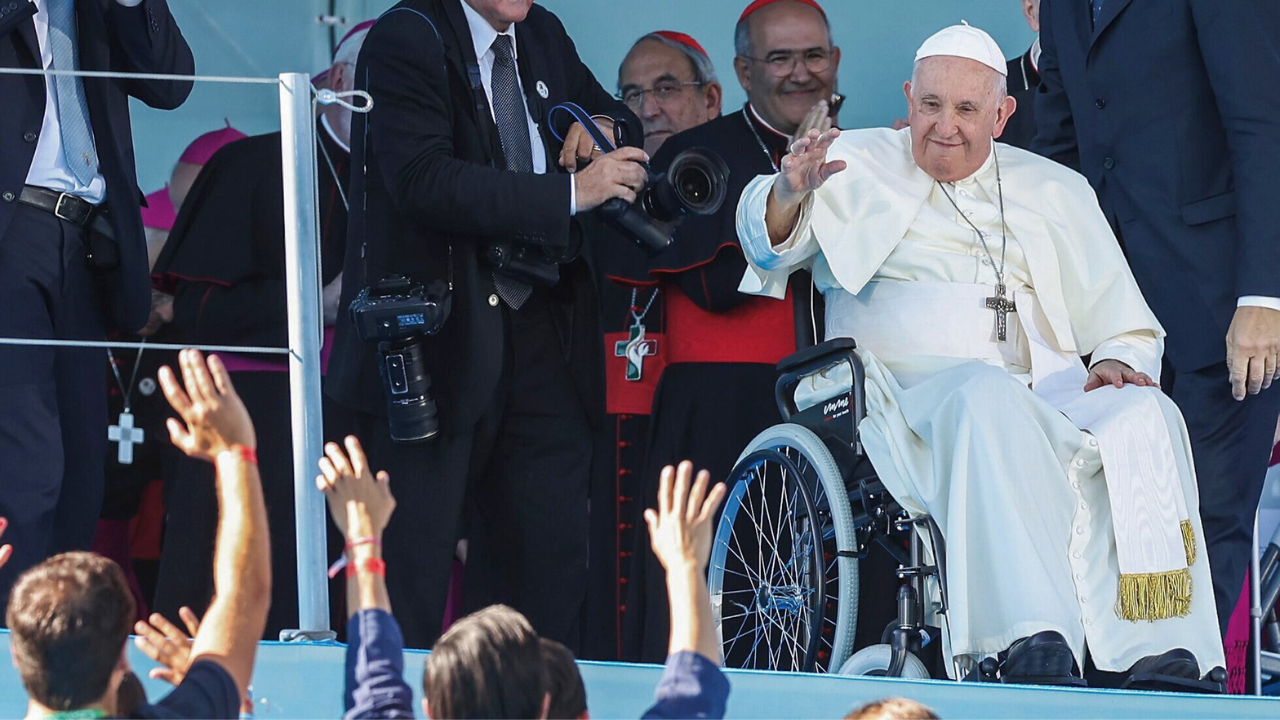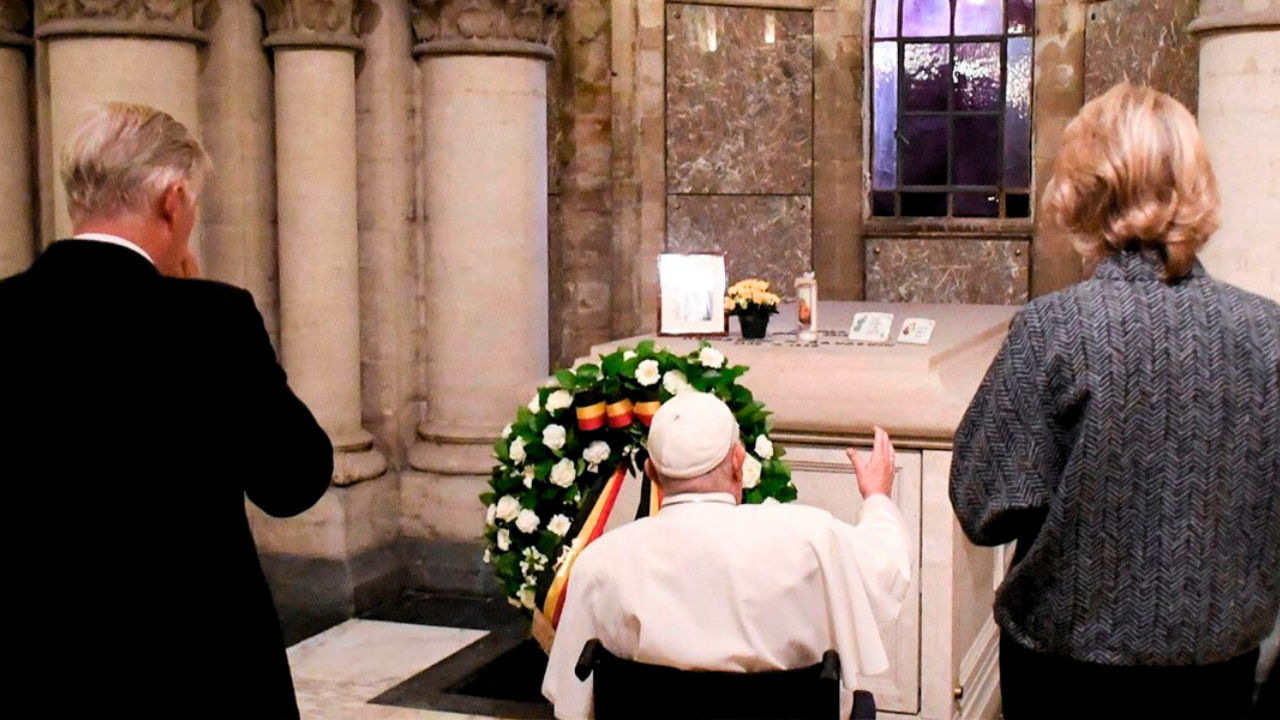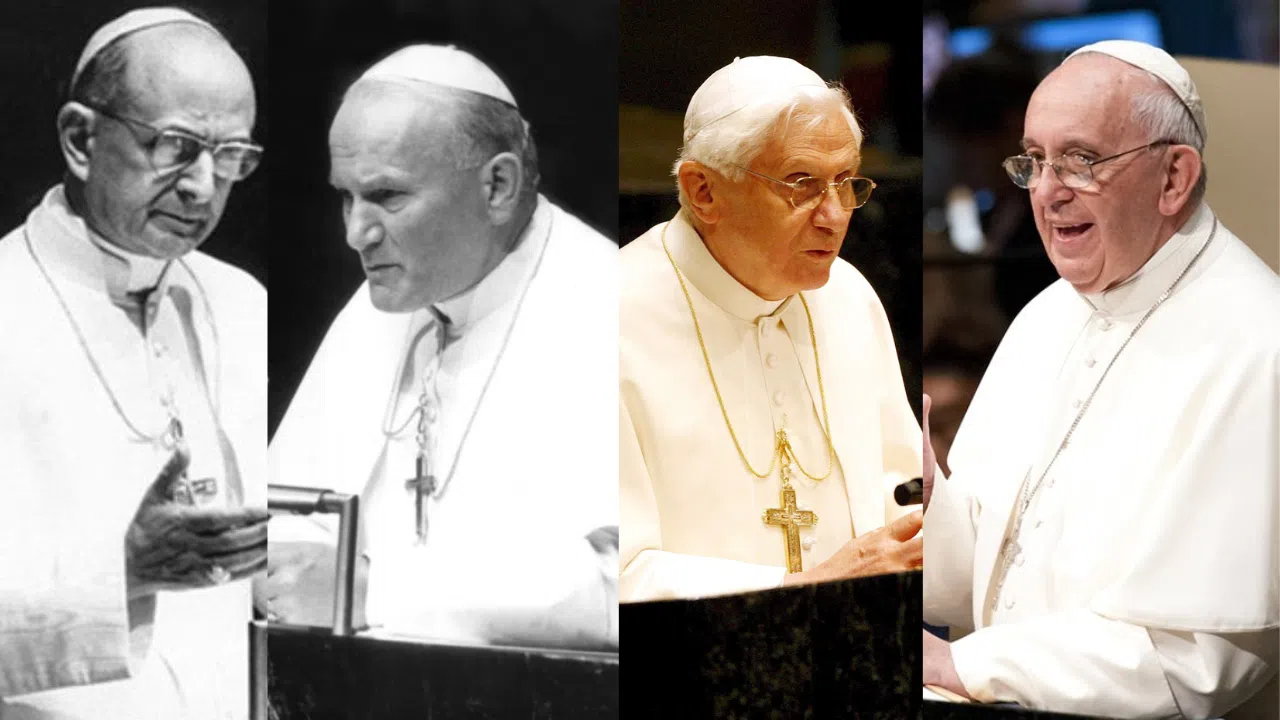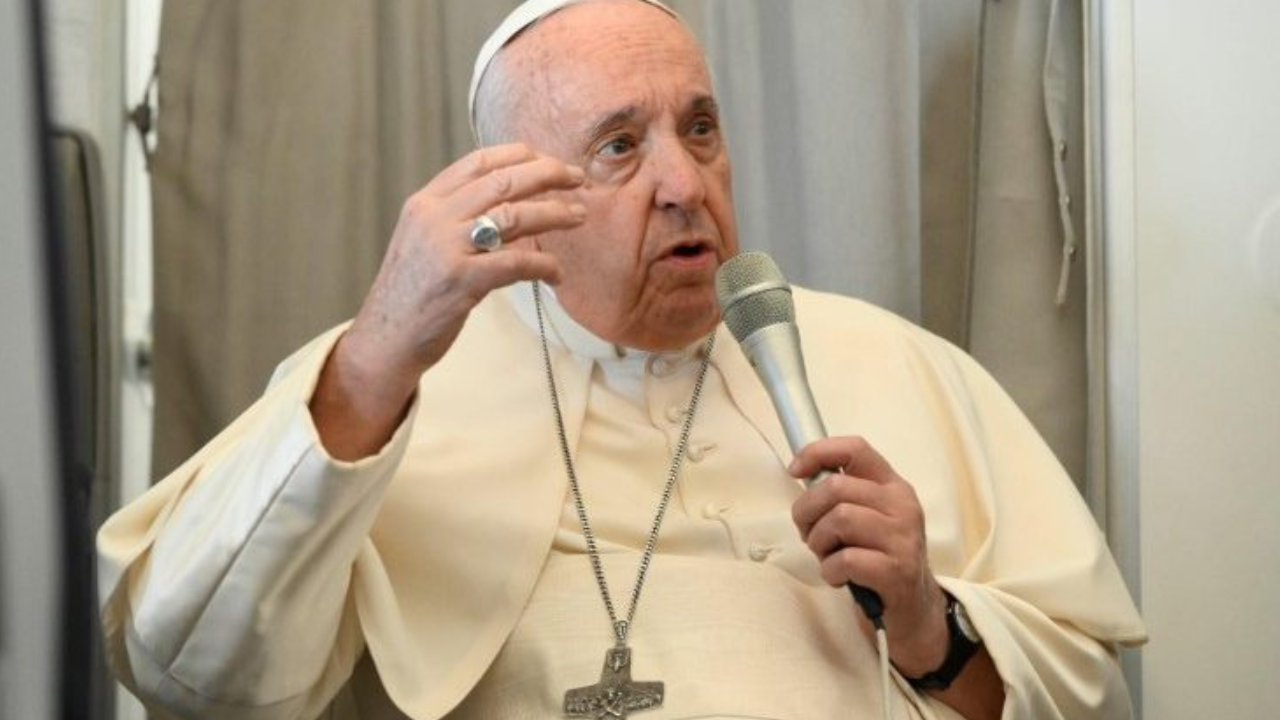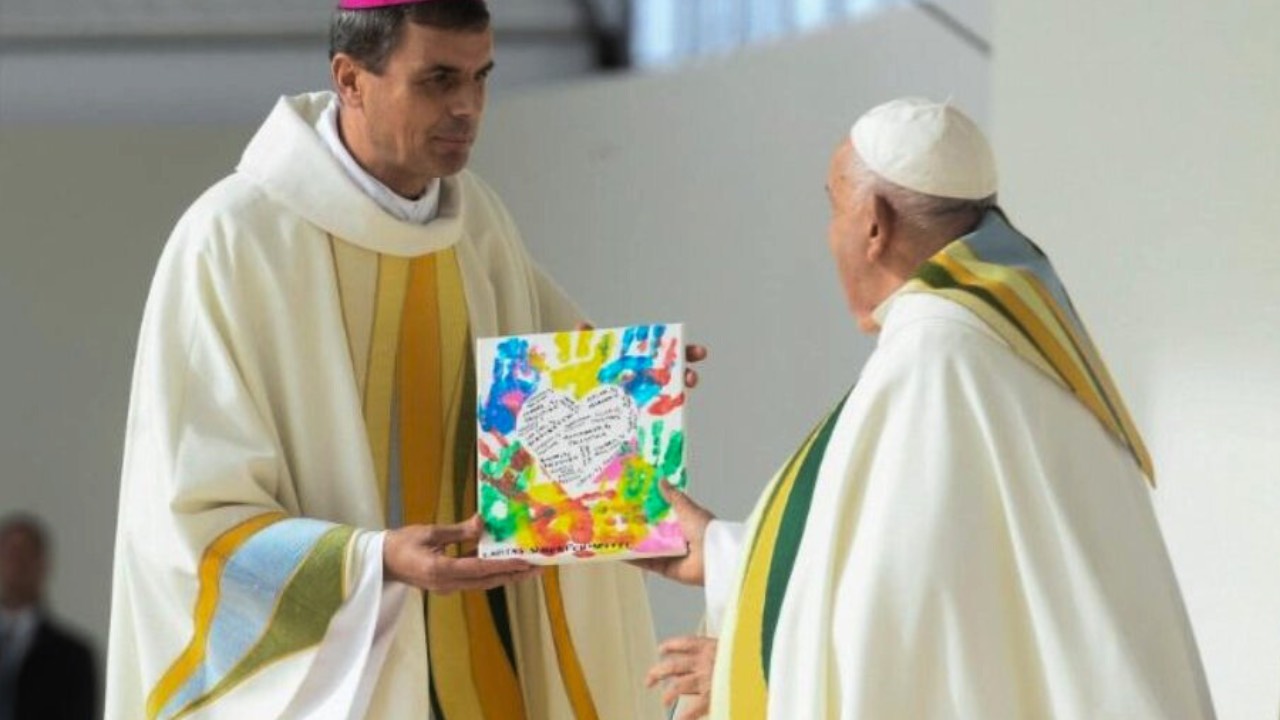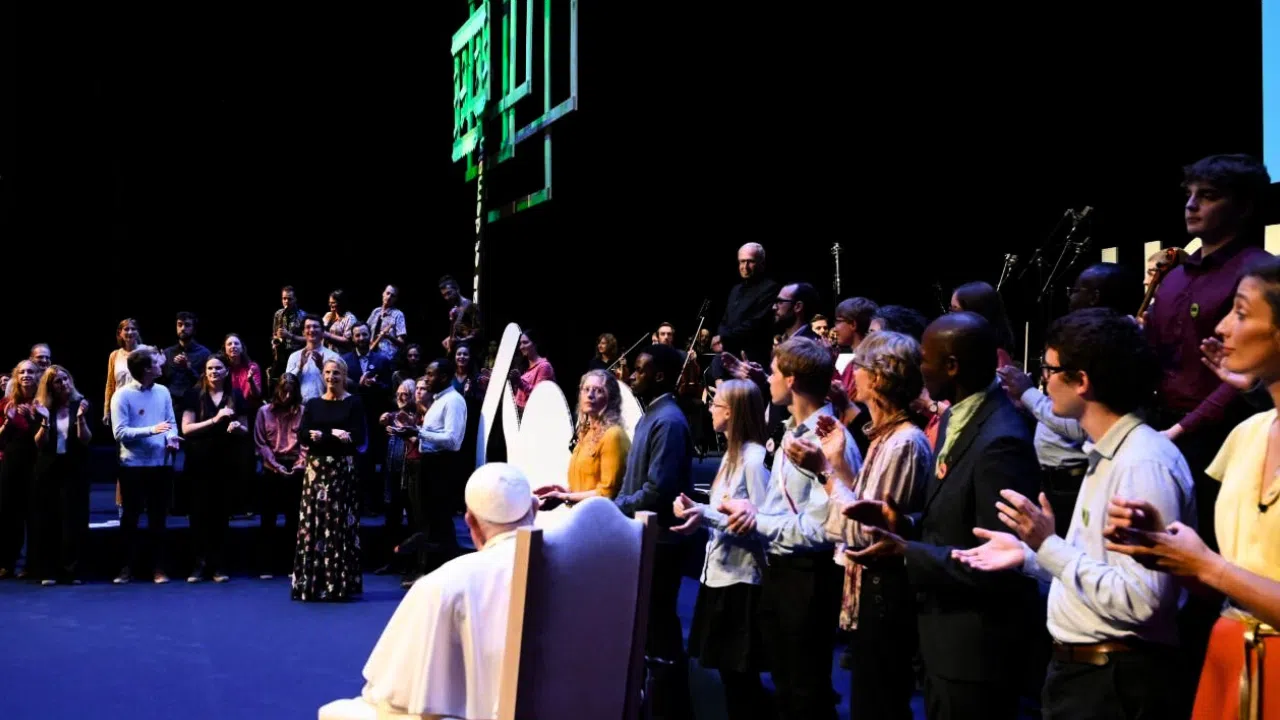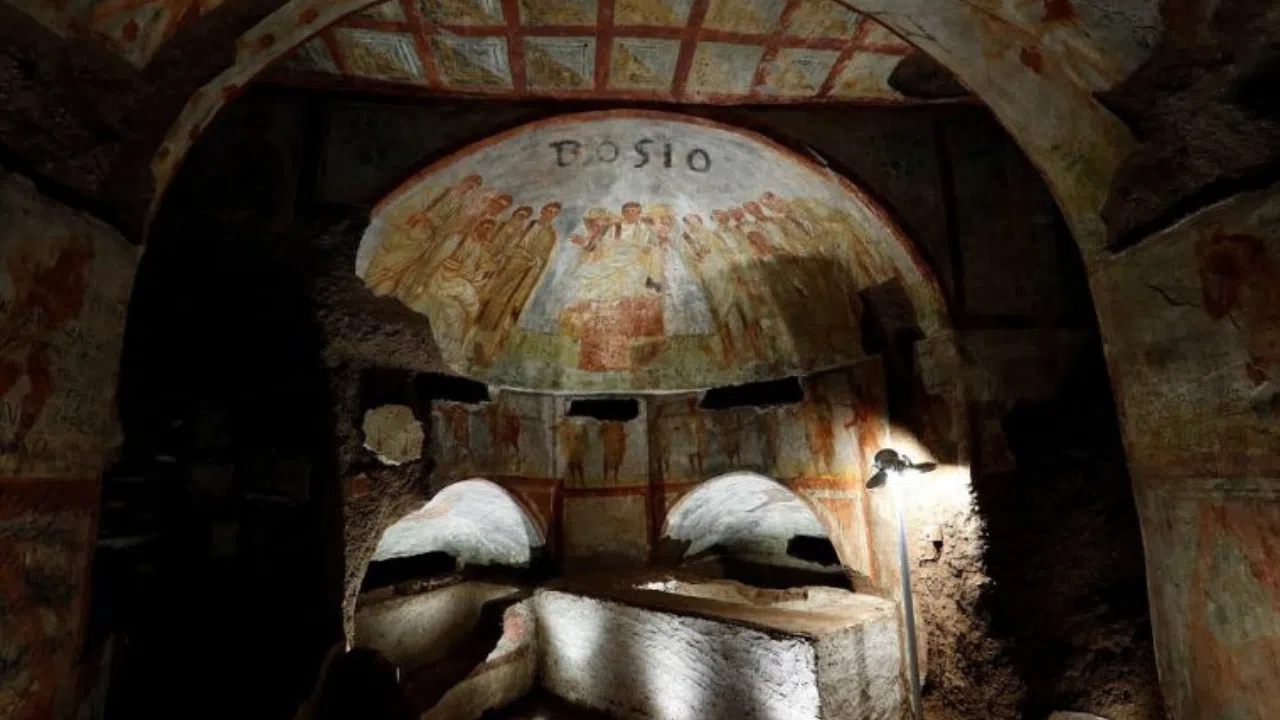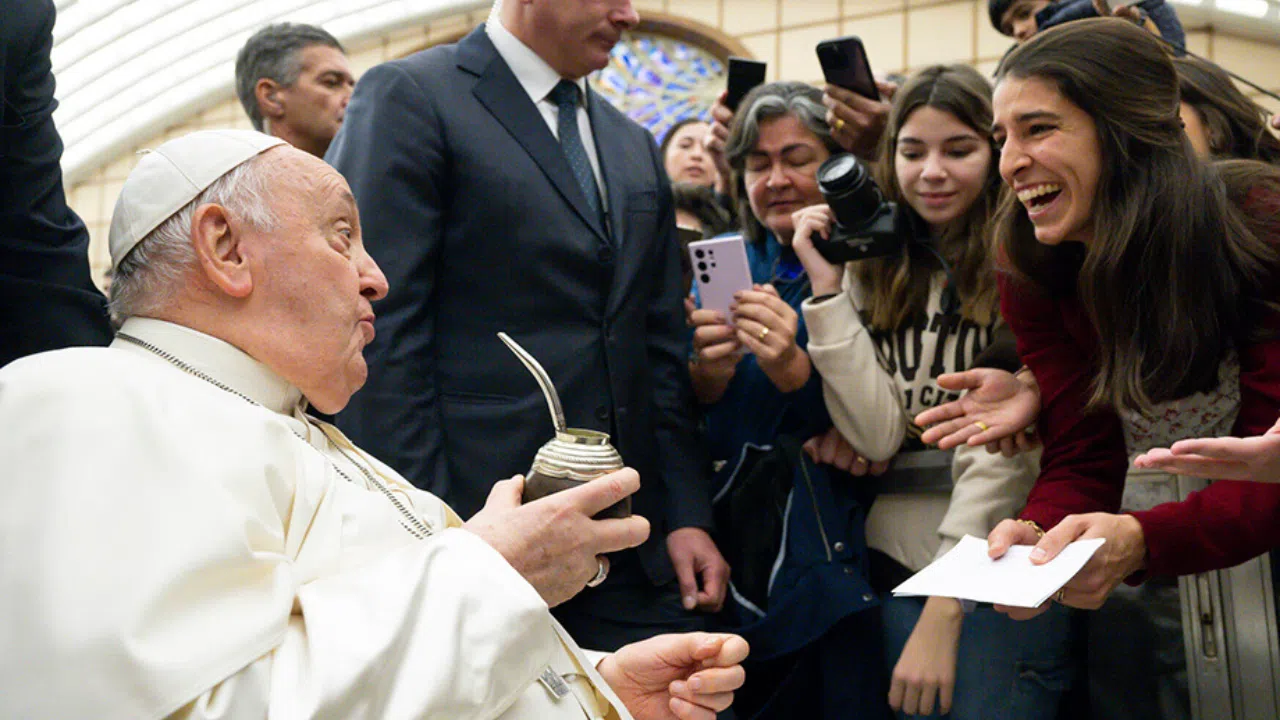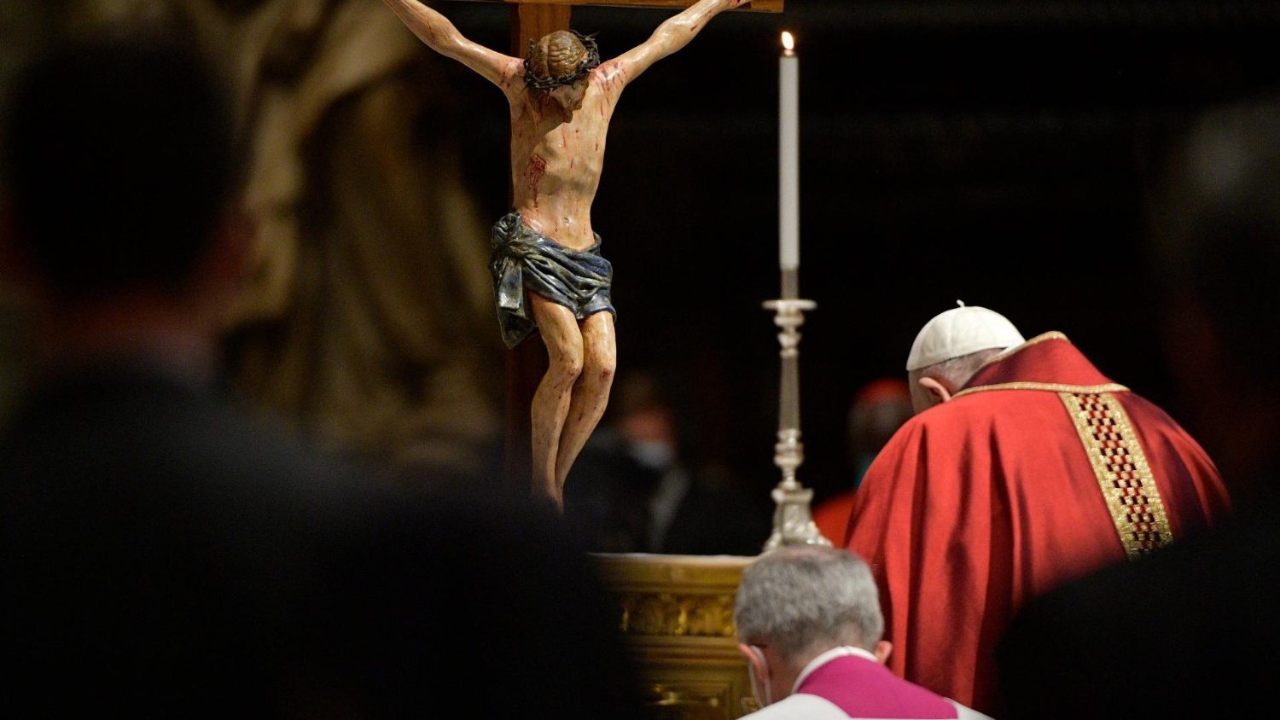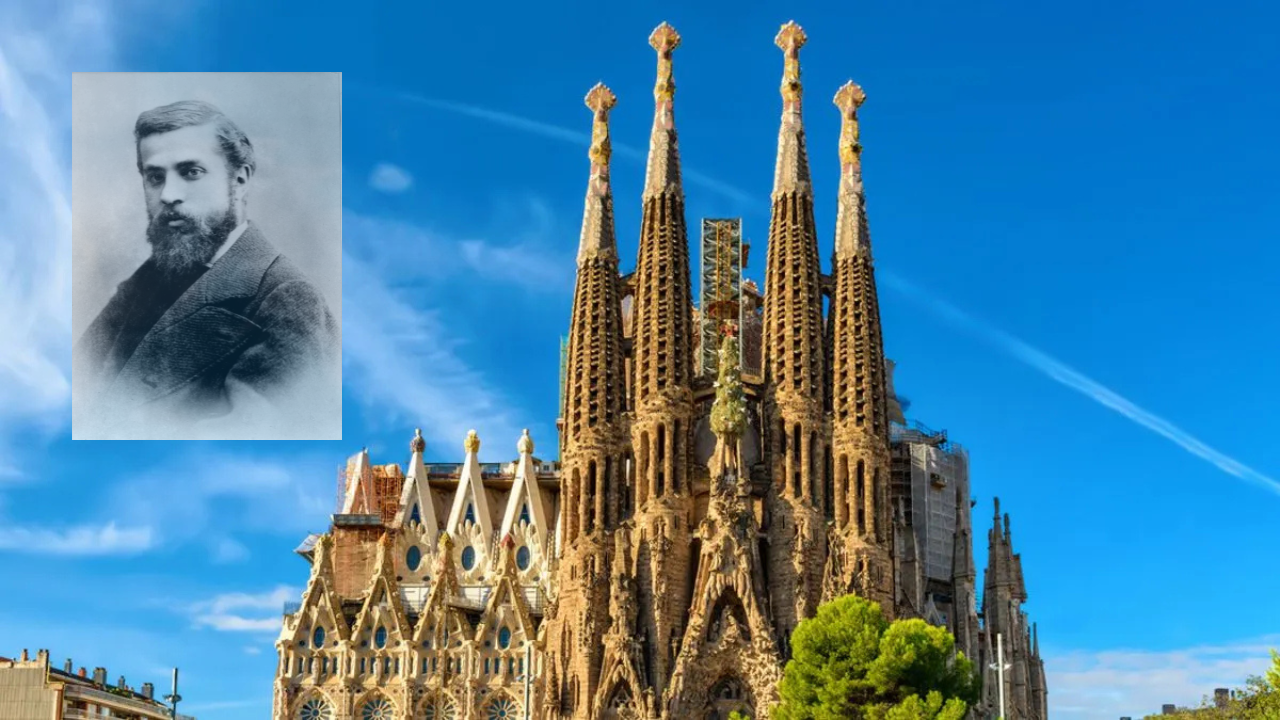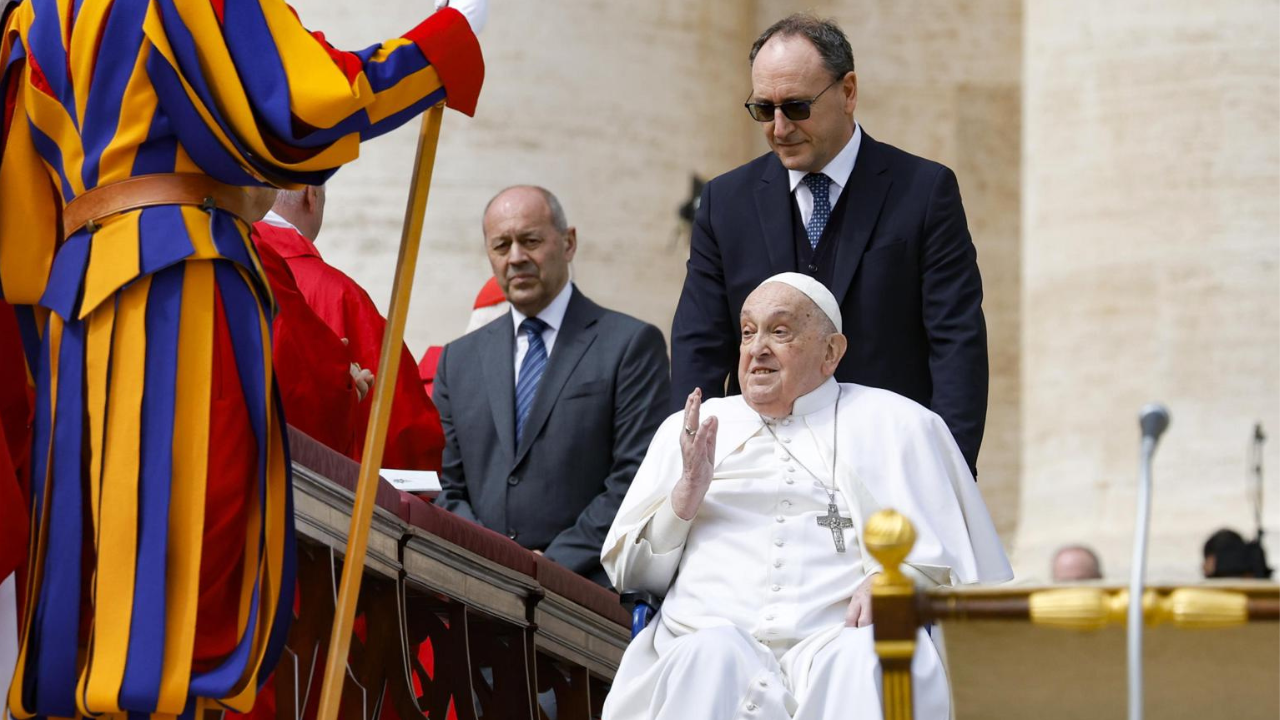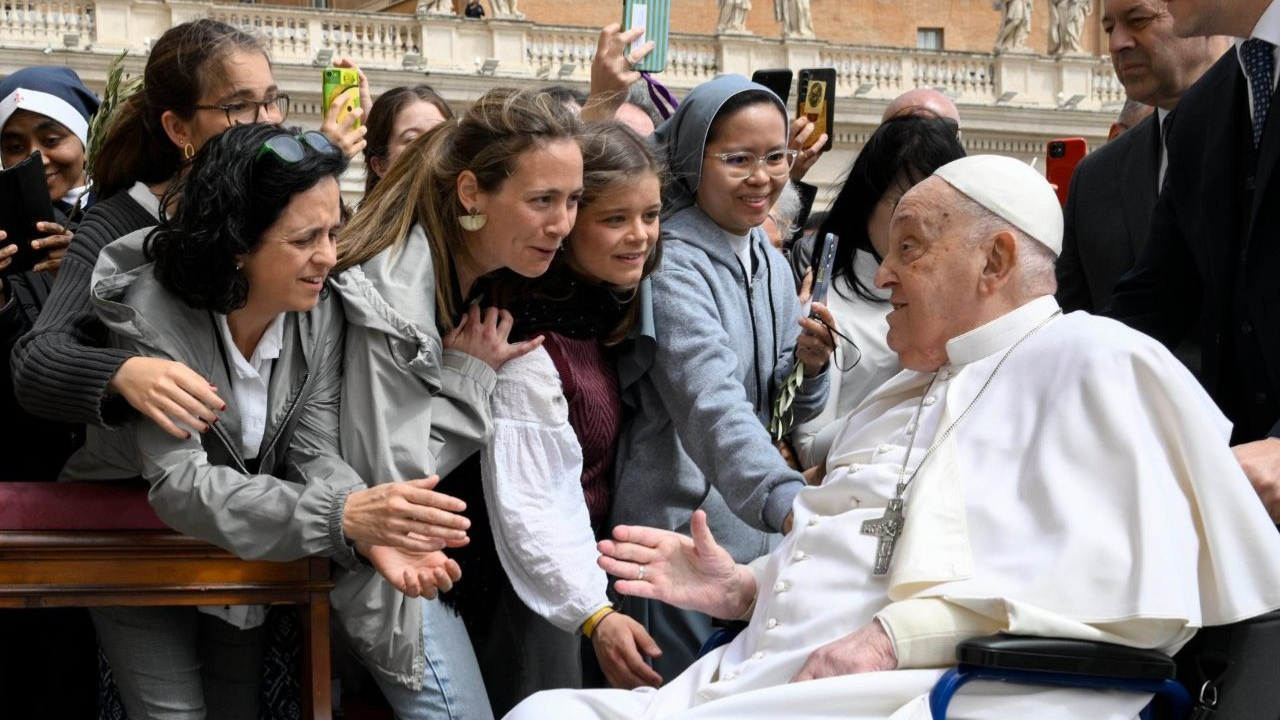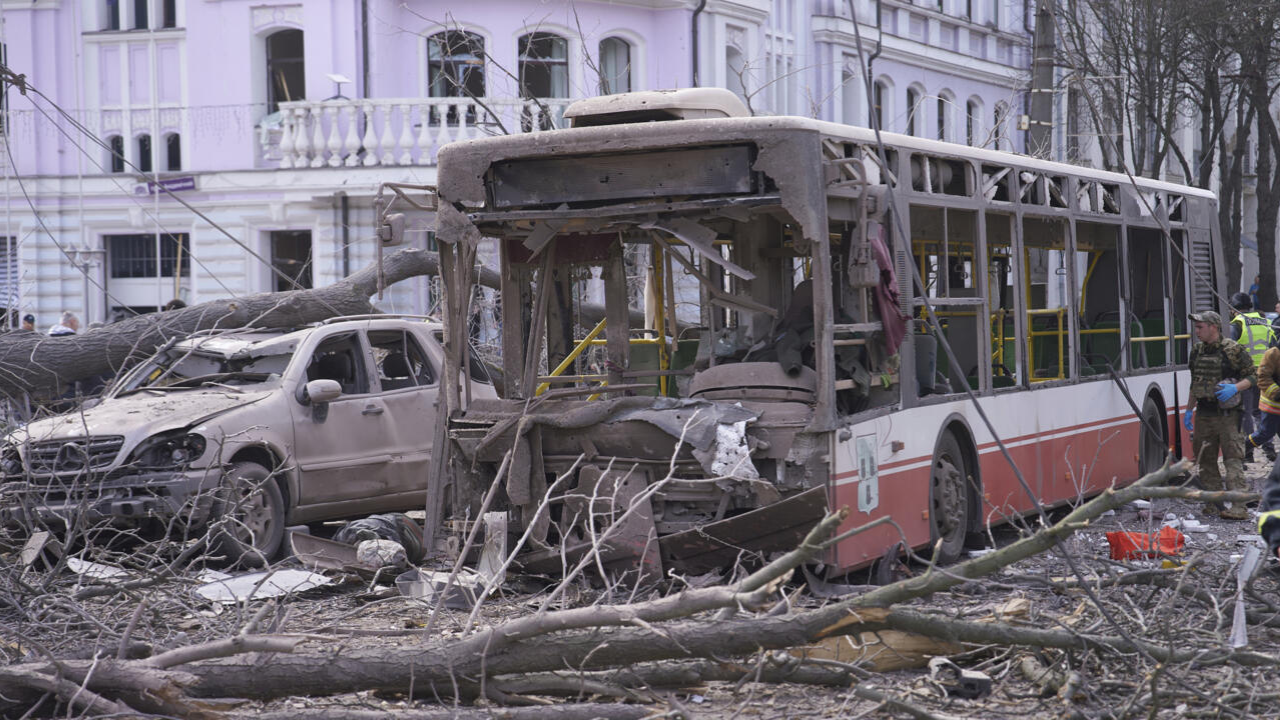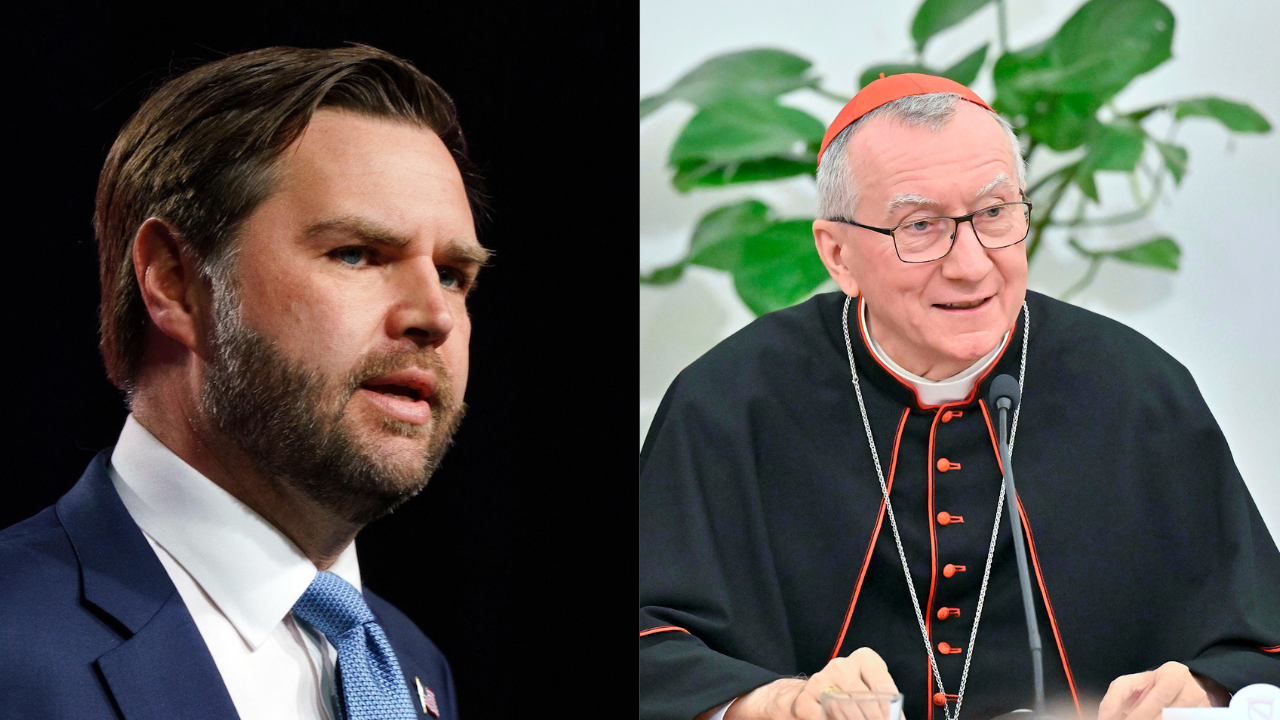Li smantal Kajvaltike toj lek â?? The law of the Lord is perfect; it revives the soul. Thus begins the psalm we have just heard. The law of the Lord is perfect and the psalmist diligently lists everything that the law offers to those who hear and follow it: it revives the soul, it gives wisdom to the simple, it gladdens the heart, and it gives light to the eyes.
This is the law which the people of Israel received from the hand of Moses, a law that would help the People of God to live in the freedom to which they were called. A law intended to be a light for the journey and to accompany the pilgrimage of his people. A people who experienced slavery and the Pharaohâ??s tyranny, who endured suffering and oppression to the point where God said, 'Enough! No more! I have seen their affliction, I have heard their cry, I know their sufferingsâ? (cf. Ex 3:9). And here the true face of God is seen, the face of the Father who suffers as he sees the pain, mistreatment, and lack of justice for his children. His word, his law, thus becomes a symbol of freedom, a symbol of happiness, wisdom and light. It is an experience, a reality which is conveyed by a phrase prayed in Popol Vuh and born of the wisdom accumulated in these lands since time immemorial: 'The dawn rises on all of the tribes together. The face of the earth was immediately healed by the sunâ? (33). The sun rose for the people who at various times have walked in the midst of historyâ??s darkest moments.
In this expression, one hears the yearning to live in freedom, there is a longing which contemplates a promised land where oppression, mistreatment and humiliation are not the currency of the day. In the heart of man and in the memory of many of our peoples is imprinted this yearning for a land, for a time when human corruption will be overcome by fraternity, when injustice will be conquered by solidarity and when violence will be silenced by peace.
Our Father not only shares this longing, but has himself inspired it and continues to do so in giving us his son Jesus Christ. In him we discover the solidarity of the Father who walks by our side. In him, we see how the perfect law takes flesh, takes a human face, shares our history so as to walk with and sustain his people. He becomes the Way, he becomes the Truth, he becomes the
Life, so that darkness may not have the last word and the dawn may not cease to rise on the lives of his sons and daughters.
In many ways there have been attempts to silence and dull this yearning, and in many ways there have been efforts to anaesthetize our soul, and in many ways there have been endeavours to subdue and lull our children and young people into a kind of lassitude by suggesting that nothing can change, that their dreams can never come true. Faced with these attempts, creation itself also raises an objection: 'This sister now cries out to us because of the harm we have inflicted on her by our irresponsible use and abuse of the goods with which God has endowed her. We have come to see ourselves as her lords and masters, entitled to plunder her at will. The violence present in our hearts, wounded by sin, is also reflected in the symptoms of sickness evident in the soil, in the water, in the air and in all forms of life. This is why the earth herself, burdened and laid waste, is among the most abandoned and maltreated of our poor; she â??groans in travailâ?? (Rom 8:22)â? (Laudato Siâ??, 2). The environmental challenge that we are experiencing and its human causes, affects us all (cf. Laudato Siâ??, 14) and demands our response. We can no longer remain silent before one of the greatest environmental crises in world history.
In this regard, you have much to teach us. Your peoples, as the bishops of Latin America have recognized, know how to interact harmoniously with nature, which they respect as a 'source of food, a common home and an altar of human sharingâ? (Aparecida, 472).
And yet, on many occasions, in a systematic and organized way, your people have been misunderstood and excluded from society. Some have considered your values, culture and traditions to be inferior. Others, intoxicated by power, money and market trends, have stolen your lands or contaminated them. How sad this is! How worthwhile it would be for each of us to examine our conscience and learn to say, 'Forgive me!â? Todayâ??s world, ravaged as it is by a throwaway culture, needs you!
Exposed to a culture that seeks to suppress all cultural heritage and features in pursuit of a homogenized world, the youth of today need to cling to the wisdom of their elders!
Todayâ??s world, overcome by convenience, needs to learn anew the value of gratitude!
We rejoice in the certainty that 'The Creator does not abandon us; he never forsakes his loving plan or repents of having created usâ? (Laudato Siâ??, 13). We rejoice that Jesus continues to die and rise again in each gesture that we offer to the least of our brothers and sisters. Let us be resolved to be witnesses to his Passion and his Resurrection, by giving flesh to these words: Li smantal Kajvaltike toj lek â?? the law of the Lord is perfect and comforts the soul.
